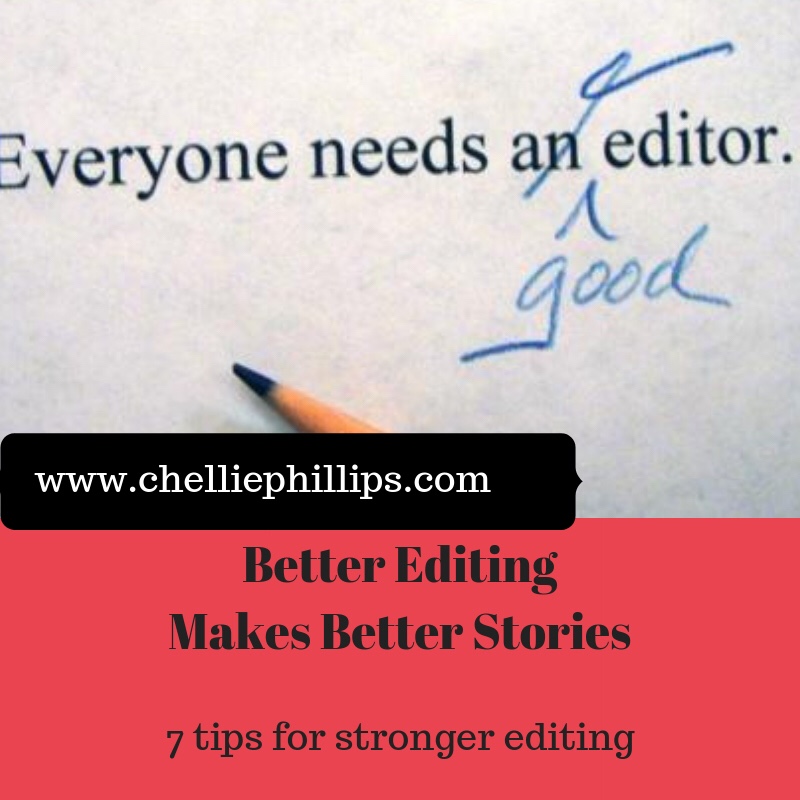
There are two kinds of editing. Copy editing fixes what is grammatically wrong. Style editing is about the form and how things connect. Here are seven tips to make you a stronger editor.
1. Use direct language. Be simple, not showy. AP Style changes. Oxford comma preferred. What’s the most effective way to communicate what you are saying? Use it. Make sure you know your medium. Speeches are written to be understood,not to conform to grammar.
2. Use simple words. We try to fill up the page and impress people. Instead, we should simply get the message across. Don’t waste peoples time. The smartest person can explain it quickly and simply.
3. If a sentence is to busy, break it up. Write with the sense of drama in mind. Readers naturally understand the rise and fall of the sentence. They can swallow it and move along. If it jumbles up (more than 12 words), try to break it up.
4. Cut big paragraphs in two. People read a little bit and move along. Boredom is your enemy. Attention spans are short. Think about Larry the Cable Guy. His philosophy is “if you don’t like this joke, hang on, in 7 seconds I’ll have another one.”
5. Avoid passive voice. Inspect the opening. The first sentence in the paragraph needs to have the point you were trying to make. If it doesn’t advance the narrative, get rid of it. Show no mercy. Take a cue from Clint Eastwood. When directing, he always cuts 2 of his favorite scenes from the movie because he says they are probably just for him.
6. Avoid cliches. Circle them. Mark them and replace it. Why do we use them? It’s easier than coming up with something original. It relieves us of being precise about our meaning. Not sure what a cliche is? Think about phrases like: under the radar, thrown under the bus, scalable, actionable, synergy, peel the onion, core competency, wheelhouse, window of opportunity.
7. Stop saying very. And extremely, greatly, and every other intensifiers.
Make sure you’re passing along these techniques if you’re the editor of another writers work. Don’t just edit, educate. It’s easy to change their work and move on. If you’re goal is to only get the work off your desk, you’re missing a chance to help someone improve. Edit face to face when you can. At the very least, explain to them why you made the changes. Offer encouragement.
These seven edits will make your copy clear and readable for any audience.
Most Read, Shared, and Saved Blog Posts of 2025
These are the blog posts you read, shared, saved, and came back to in 2025—some newer, some timeless favorites that continue to strike a chord years later.


